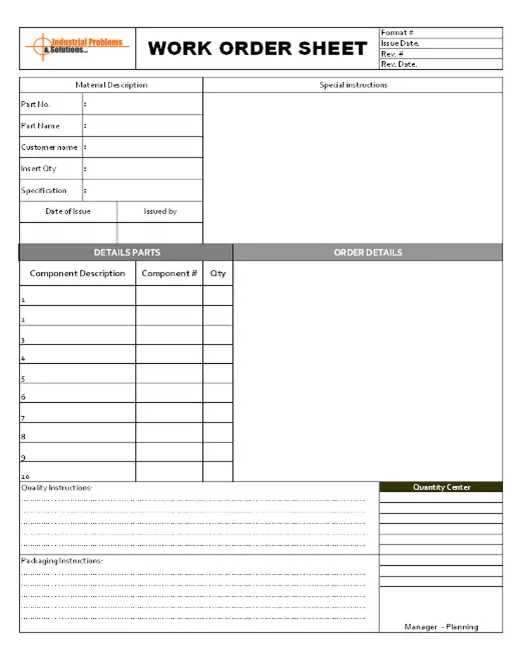Are Inconsistent Dishes Inviting a Bad Brand Reputation for Your Fresh Foods Kitchen?
Inconsistent food quality can erode customer trust, damage your reputation, and hinder growth.
Inconsistent food quality can erode customer trust, damage your reputation, and hinder growth.
Maintaining consistent food quality across multiple locations is a formidable task. Factors such as varying staff expertise, unreliable ingredient supplies, and the complexities of manual processes contribute to inconsistencies that can undermine your brand.
Without detailed records of ingredients, quantities, and processing parameters for each batch, it's impossible to replicate successful batches, leading to inconsistent taste, texture, and appearance.


Handwritten instructions can be misinterpreted, and manual scheduling can lead to variations in cooking times and temperatures, affecting final product quality.
Inaccurate or inconsistent timing of cooking steps can result in overcooked, undercooked, or unevenly cooked products.


Subjective quality assessments without standardized criteria and measurement tools lead to inconsistent quality standards across batches.
Variations in ingredient measurements, cooking times, or techniques due to manual processes or lack of training result in inconsistent product outcomes.


Different interpretations of recipes across locations lead to varying ingredient quantities, preparation methods, and cooking times, affecting product consistency.
Inadequate training on digital recipes can result in incorrect ingredient substitutions, cooking techniques, or portion sizes, impacting product quality.


Without real-time monitoring of production processes, it's difficult to identify and correct deviations from standard operating procedures, leading to inconsistent results.
Incorrect or unclear labels can result in using wrong ingredients or processing steps, affecting product consistency.


Variations in the quality, freshness, or quantity of raw materials directly impact the taste, texture, and appearance of the final product.
Unreliable ingredient sourcing affects product quality and brand trust
Sourcing consistent, high-quality ingredients is a persistent challenge. Variations in supplier performance, supply chain disruptions, and the risk of compromised ingredients can significantly impact product quality.

Mismanaged inventory causes delays in production and affects product quality

Warehousing poses unique challenges in preserving ingredient quality. Factors such as improper storage conditions, inventory mismanagement, and contamination risks can lead to product inconsistencies
Unpredictable delivery schedules damage product quality and customer trust
Delivering products without compromising quality is a complex task. Challenges include product damage during transportation, temperature fluctuations, and delays that can impact freshness and overall product integrity.

Disparate management systems cause inconsistent customer experiences

Maintaining product consistency at the outlet level is crucial. Factors such as improper storage, inconsistent preparation, and waste management can impact customer satisfaction and brand perception.
Don't let inconsistency tarnish your brand. With UY, deliver the same high-quality experience to every customer, every time.
🍽️ Consistent Quality | 📈 Enhanced Reputation | 🤖 AI-Powered Excellence

